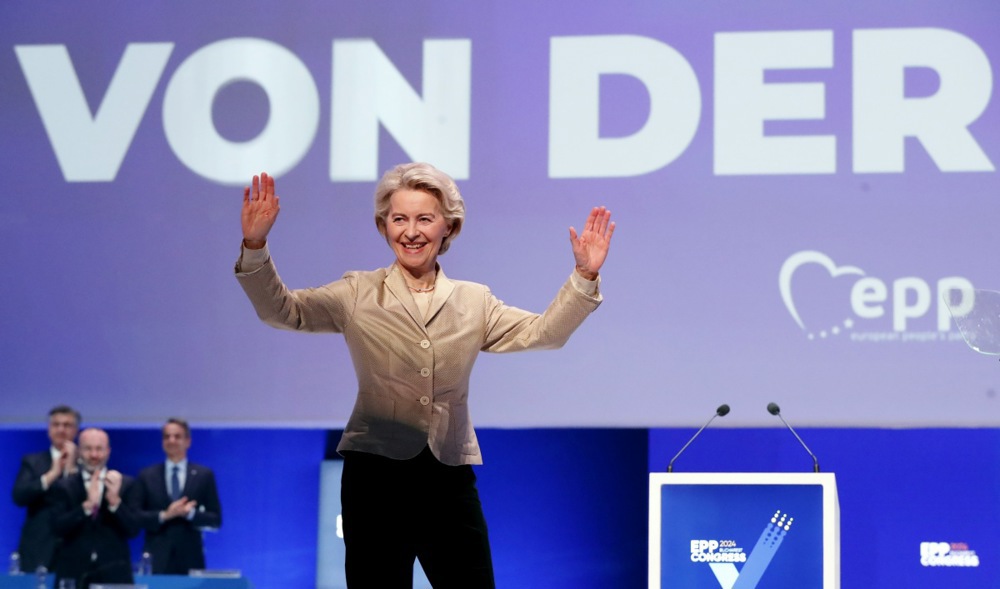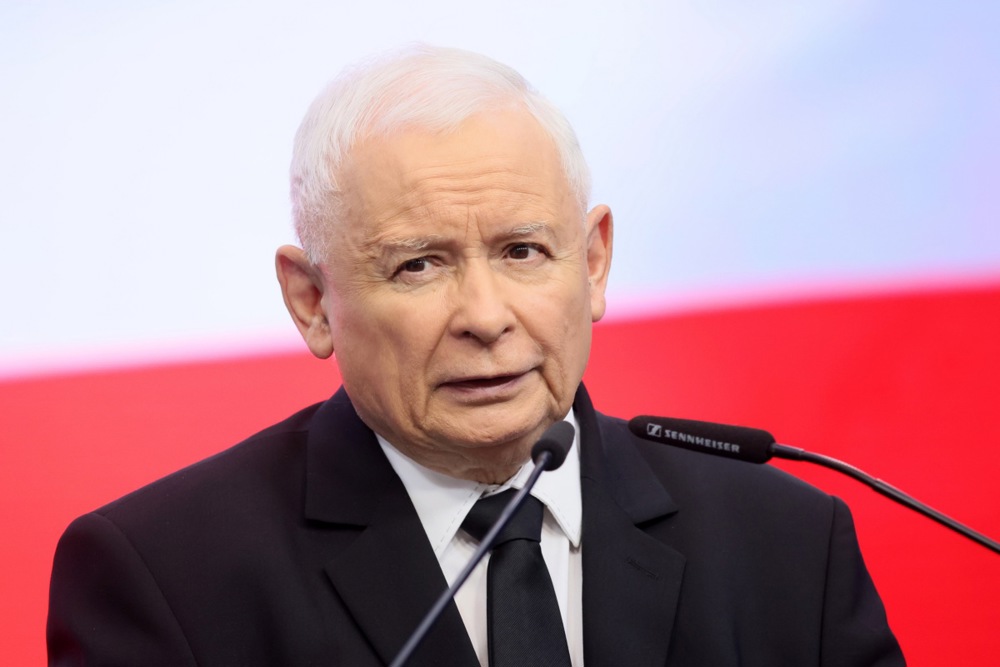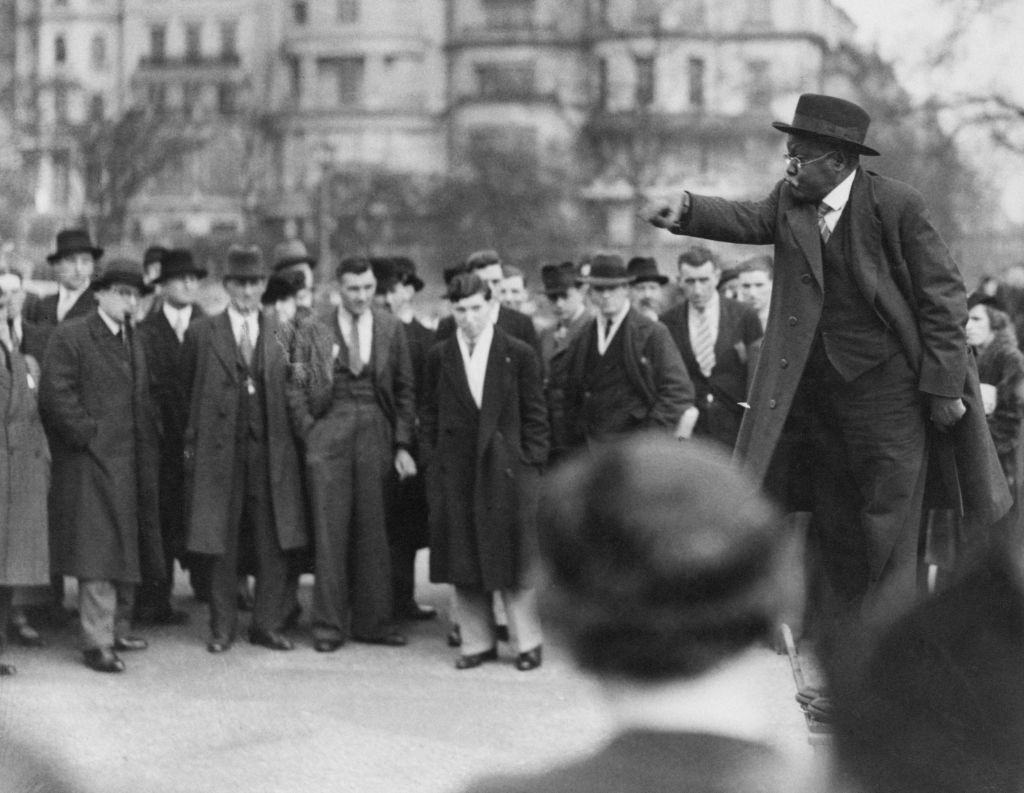In the run-up to the European Parliament elections in June, Europe’s Catholic bishops have been far from silent.
Over the past few months, leaders of the Catholic Church have highlighted what they see as the major problems of the continent.
Of particular concern is a potential return to nationalism which, they fear, could block the great project of Europe’s founders.
Before proceeding, we must highlight one point: The Church does not directly engage in politics and does not indicate the voting intentions of its clergy. Some political candidates are Catholic but no candidates are directly from the Church. Any political indications from members of the Church are always ones of principle and never concern individual candidates.
The Catholic Church has its bodies engage with the authorities on political issues. In particular, the Commission for the Episcopal Conferences of Europe (COMECE), based in Brussels, is responsible for monitoring processes and dialogue within the European institutions.
Two important interventions from the Church have already taken place this year: A COMECE declaration on March 13 and a joint statement by the bishops of the European Union region, who met on April 8.
The COMECE text seems to have been written to challenge populist and nationalist waves. The bishops ask us to “vote for people and parties who clearly support the European project and which we reasonably believe will want to promote our values and our idea of Europe, such as respect and promotion of the dignity of every human person, solidarity, equality, the family and the sacredness of life, democracy, freedom, subsidiarity, the protection of our common home”.
In their statement, the COMECE bishops noted: “The European Union is not perfect, and many of its political and legal proposals are not in line with Christian values and with the expectations of many of its citizens, but we believe that we are called to contribute and improve it with the tools that democracy offers us.”
They add that it is “our responsibility to make the best possible choice in the next elections” while considering the complex and uncertain moments that Europe and the world are experiencing.
The bishops also reaffirmed their support for the European project, particularly for a “Europe united in diversity, strong, democratic, free, peaceful, prosperous and just of which we feel we are the owners”.
COMECE’s message focused on young people, particularly those who are about to vote for the first time, urging them to help build “a Europe that ensures them a future and does justice to their authentic aspirations”.
The message did not, though, address some hot-button issues in any detail. In particular, the issue of the legalisation of abortion in Europe. The COMECE bishops have already taken a position on this, with a statement released shortly before the vote on the non-binding motion on the inclusion of the right to abortion in Europe.
Titled Yes to the promotion of women and the right to life, no to abortion, and ideological imposition, the text underlined that “the promotion of women and their rights is not linked to the promotion of abortion” and asked all to work “for a Europe in which women can live their motherhood freely and as a gift for themselves and for society and in which being a mother is in no way a limitation on one’s personal, social and professional life”.
According to the bishops, abortion “can never be a fundamental right” because the right to life “is the fundamental pillar of all other human rights” and the defence of unborn life is closely linked to the defence of every other human right”.
“It involves the belief that the human being is always sacred and inviolable in every situation and stage of development.”
COMECE, therefore, asked the EU to “respect the different cultures and traditions of the Member States and their national competencies”, underlining that it was not possible to “impose on others”, inside and outside the borders, “ideological positions on the human person, on sexuality and gender, on marriage and the family, etc”.
“The Charter of Fundamental Rights of the EU … cannot include rights that are not recognised by all and divisive,” it continued.
“There is no recognised right to abortion in European or international law. How this topic is treated in the Constitutions and laws of Member States varies considerably.”
Indeed, COMECE said, it is the Charter itself that calls for respect for the “diversity of the cultures and traditions of the European peoples,” as well as “the constitutional traditions and international obligations common to the Member States”.
In another case of apparent political interference, the bishops of the Euro-Region – eight from Belgium, France, Germany and Luxembourg – met on April 8 in Metz, Northeast France, signing a pastoral letter entitled A new breath for the project European.
In the text, they proposed a European project to be developed to give new life to Europe.
Looking back at history, they noted how the dream of the Schuman Declaration of 1950, installed by the late French foreign minister Robert Schuman, created “an unprecedented political reality, which combines the belonging of every people of Europe to a national community and the free adherence of each nation to a pact of solidarity among all”.
A pact they described as being “accompanied by obligations imposed on voluntary partners and… based on a foundation of shared values aimed at building unity beyond the diversity of these nations.”
Today, though, the bishops warn that Europe is experiencing various crises: nationalist, economic, migratory and geopolitical. These together are leading to a general crisis of European consciousness.
Furthermore, they add, that the ongoing conflict in Ukraine brought the spectre of war back to the heart of Europe. Some regions have become impoverished and the economic-social gap between European nations grows, while “the liberal and free-trade model, which prevailed among the decision makers of the European Union, has caused a lot of social and territorial damage”.
In addition, the bishops write: “The Mediterranean has become a cemetery where more than 20,000 people of all ages who dreamed of Europe have died.”
Faced with the risk of vanishing, Europe is called on to rediscover European values: The value of the human person, the need to promote economic development and brotherhood between peoples and the fight against nationalism, the strengthening of which threatens progress toward peace.
There are many problems regarding the integration of Islam but, as the letter reads, “We believe it is possible to coexist. It is even fundamental to avoid and reject extremism.
“To do this, we must resist the temptation to close in on ourselves. We are the custodians of Europe’s outstanding achievements: Freedom of conscience, freedom of speech, freedom of religion, respect for human rights and universal brotherhood. Europe must continue to bring these profound values to life.”
The declaration underlines that “as a Church, we must contribute to a renaissance of Europe which, we are convinced, remains endowed with considerable potential to open new paths of humanisation”.
“Our Europe must be a Europe of the child, of the poor, where refugee is not a crime, a Europe that offers young people the beauty of culture, the richness of exchanges (such as Erasmus) and not just consumerism.”
The bishops underline that they “believe in the European project”, before asking the EU to take a solid initiative to guarantee peace in the Middle East.
They call for promoting the organisation of a peace conference aimed at the creation of two States – Israel and Palestine – with status and respect for minorities, and promoting the mutual security of the Israeli and Palestinian people, with each other and not against, excluding any mistrust.
In short, there is a desire not to stand still in the face of the crises of our time, going beyond the problem of belonging and instead giving strength to today’s ethical challenges, which are justice, solidarity, respect for rights and freedom.
The bishops emphasise that “what can give meaning to our vote is the rediscovery of our commonwealth, of our historical and cultural proximity, from the Atlantic to the Urals, which make such a project not an abstraction, but a well-embodied vision, a dream that has foundations”.
Finally, they outline a “European humanism” based on “justice, integral ecology, and social legislation.” Ultimately, “creativity, spirituality, brotherhood and, for us Christians, the evangelical spirit give our Europe the new breath it needs. Know that we are voting for a project of hope”.
So, how should we read these statements?
These are two significant declarations from Europe’s bishops, both of which show an intention to recreate a European culture. At the same time, new populisms are faced almost with fear, while nationalisms are viewed with concern. Some typical themes of the Catholic vote are not addressed in detail, such as the defence of life, only briefly mentioned.
Therefore, the ideal platform of any European Catholic electoral candidate seems more vague than one might think. It is clear, though, that he or she must certainly be pro-European and have sensitivity to issues of human dignity as preached by the Church.
The scale of values remains that of the Social Doctrine of the Church. The risk is to settle for the main features. The real problem is that there is a lack of a ruling class of committed Catholics — and this absence is reflected in the bishops’ texts.





Will the next Pope be Hungarian? There are certainly good reasons to think he will be European